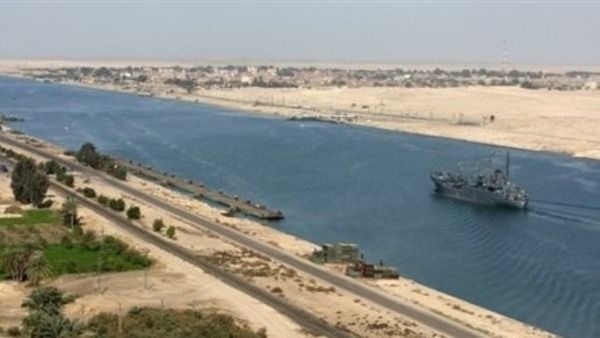Egypt has a chosen a consortium that includes the Egyptian army and global engineering firm Dar Al-Handasah to develop an international industrial and logistics hub in the Suez Canal area, government and military sources said on Sunday.
The Suez Canal is the fastest shipping route between Europe and Asia and brings in around $5 billion of revenues per year, a vital source of hard currency for Egypt which has suffered a slump in tourism and foreign investment since a 2011 uprising. To attract more ships and generate more income, the country has had plans to develop 76,000 square kilometers (29,000 square miles) around the canal for years. In January, Egypt invited 14 consortia to bid for project.
Among the bidders, according to Egypt’s Al Mal newspaper, were a group including state-run Arab Contractors and James Cubitt and Partners, an international consultancy firm. Another included the McKinsey & Co global management consulting firm.
Two army sources confirmed the selection of the Saudi branch of Dar al-Handasah, but declined to give further details of the project before its official announcement, which President Abdel Fattah al-Sisi, the former army chief, is expected to make soon.
“The Dar Al-Handasah alliance will most probably take the project, as the army is a local partner in the company through the Armed Forces Engineering Authority,” a government source told Reuters.
“The army wants to handle the infrastructure of this project in the interest of national security,” the source said.
Officials from Dar Al-Handasah in Egypt, Saudi Arabia and Lebanon where the company has offices were not immediately available for comment.
Sisi has previously said he would not hesitate to award major projects that will help revive Egypt’s battered economy to the army.
The military - whose budget is not made public - has accrued a business empire ranging from automobiles to tablet computers and is seen by many Egyptians as more efficient than Egypt’s government.
Some estimate the size of the military’s business operations at up to 40 percent of the economy, though Sisi said they are more like two percent.
Gulf allies Saudi Arabia, the United Arab Emirates and Kuwait donated more than $12 billion in cash and petroleum products to Egypt after the army overthrew Morsi following mass protests against his rule.

To attract more ships and generate more income, the country has had plans to develop 76,000 square kilometers (29,000 square miles) around the canal for years.







